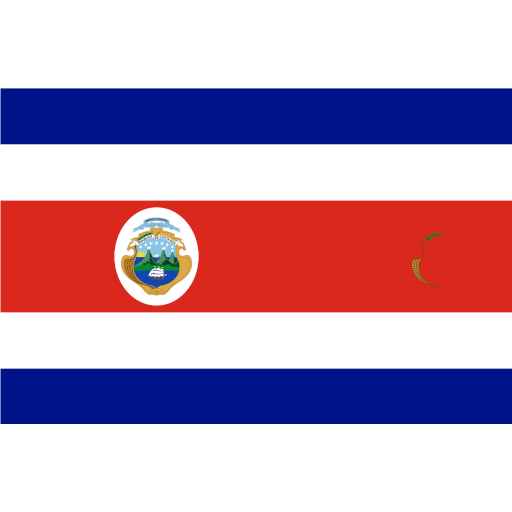On September 8, 2016, the executive branch of the Mexican government submitted to the Union Congress a proposal for the 2017 economic package. The main tax changes include the following issues:
Corporate Income Tax Law (Ley del Impuesto sobre la Renta (LISR))
New tax determination Regime for Companies incorporated by Individuals.
It contemplates establishing a new regime for tax payment, were revenues and deductions are based on cash flow for companies incorporated only by individual shareholders and their revenues do not exceed 5 million pesos.
Proposal to refrain from considering government economic grants as accruable income.
The amendment would include that economic or monetary grants received by taxpayers undergovernment budgetary programs are not to be deemed accruable income, in addition, the expenses carried out with these grants will not be deductible.
Deduction of investment in hydrocarbon infrastructure.
A rate of 10% is proposed for the deduction of fixed infrastructure for transportation, storage and processing of hydrocarbons, on platforms and vessels for drilling, as well as vessels for processing and storing hydrocarbons.
Personal retirement plans.
The possibility to deduct retirement plans engaged collectively through trade-union or similar associations is broadened.
Tax stimulus on technological research and development.
For technological research and development projects, they propose to grant a tax stimulus of 30% of the total project expenses and investments, which shall be applicable against the income tax for the fiscal year, if the tax stimulus exceeds the tax for the year the remainder may be applied in the ten following fiscal years.
In order to have access to this benefit, the rules issued by a special Committee to be created must be complied.
Tax stimulus for energy supplying equipment for electrical vehicles.
For those investing in energy supplying equipment for electrical vehicles, provided these equipment are used in public places, they may have access to a tax stimulus of 30% of said investment, which may be applied against the tax for the year, if the tax stimulus exceeds the tax for the fiscal year, the remainder may be applied in the ten following fiscal years.
Value Added Tax Act (Ley del Impuesto al Valor Agregado (LIVA))
Tax crediting in pre-operation periods.
VAT for expenses and investments during pre-operation periods is to be deemed creditable until the first month when the transactions for which the tax is to be paid or when transactions at a VAT rate of 0% are carried out.
Exporting information technology services.
It proposes to treat the rendering of services in connection with information technologies, when used abroad, as an export subject to a rate of 0%, some activities are:
• Development, integration and maintenance of computer applications or systems.
• Processing, storage, information back-up, as well as data base management.
• Hosting computer applications,
• Development, integration and maintenance of computer applications or computer systems,
• Continuity in the operation of previous systems.
Federal Tax Code (Código Fiscal de la Federación (CFF))
Electronic Signature.
It proposes the electronic signature may be used between individuals when they agree as much and comply with the requirements established by Mexican tax Authorities (SAT) through general rules and other applicable legal provisions.
Legal Representatives in the Federal Taxpayers’ Registry.
It intends to establish a new obligation upon legal representatives of a company to register before the federal taxpayers’ registry, in order to hold the corresponding code and have certainty as to their identity.
Electronic Tax Receipts.
Electronic tax receipts (CFDI) may only be cancelled when the recipient of the tax receipt accepts the cancellation thereof, the SAT shall enact rules to carry out this procedure.
Verification power upon tax authorities.
There is the intent to increase the authority’s verification power, to be exercised in order to verify due compliance with tax obligations in foreign trade, contained in the
Customs Act and the regulations thereof, as well as the general Foreign Trade rules.
Fine in connection with tax receipts.
A fine assumption is added for the default with the technical specifications for the preparation of tax receipts, the penalty will range from $1.00 to $5.00 pesos for each receipt that fails to comply with the established requirements.
Obligation to issue electronic tax receipts (CFDI) by public departments.
As of 2017, contributions, products and exploitation fees paid to public departments shall be supported by CFDI issued by said departments for services rendered, as well as the CFDI requirement for stimulus and exploitation granted.
Payment of fees to request Advance Price Agreements.
The payment of fees for requesting the study and processing of transactions between related parties, the amount for this application is increased to $216,308.51 pesos, in addition, for each annual report review; the fee payment is increased to $43,261.70 pesos.
It is important to mention that, the content of the economic package is an initiative, therefore, it may be amendment during its approval process, and we will be reporting this.
Please contact us if you have any question.























